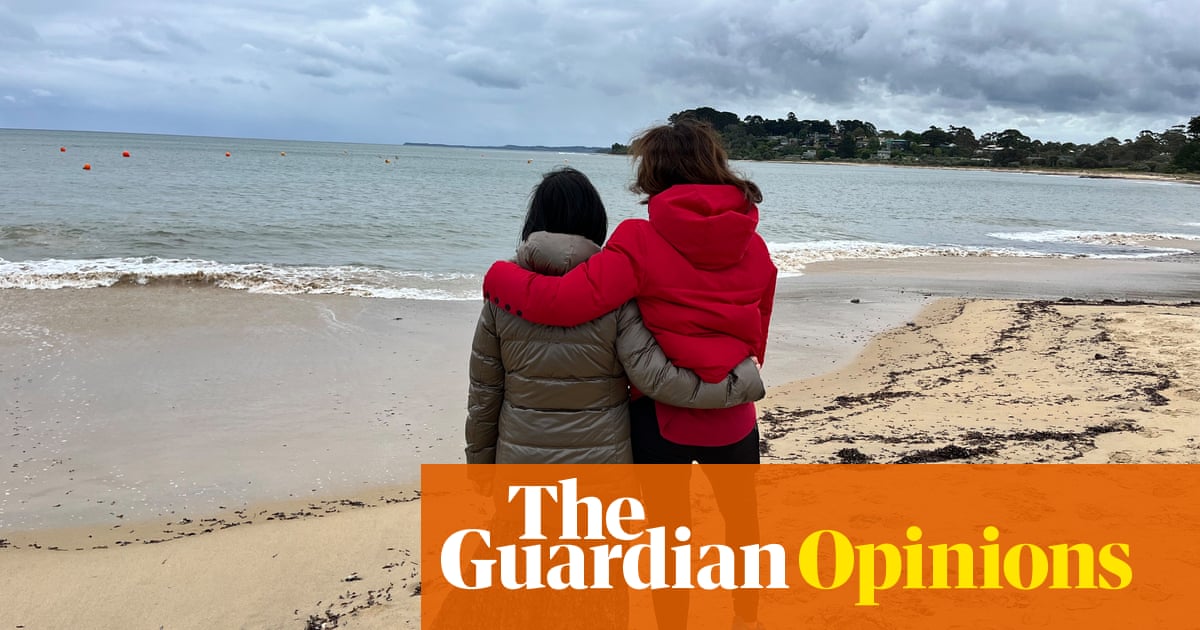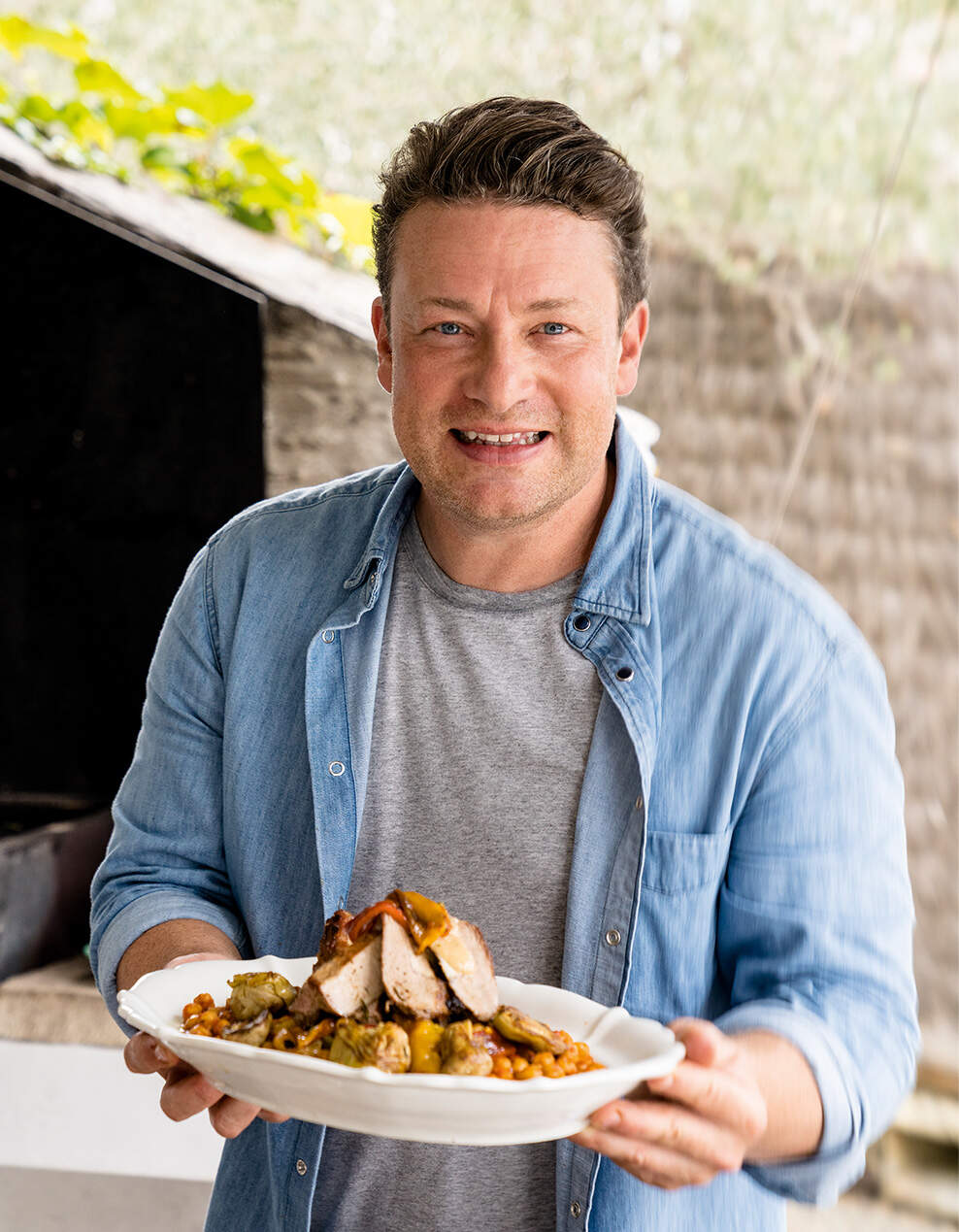
“You look upset, how can I make you feel better?”
The seriousness of the question and its sheer empathy stops me short in class. We are both teenagers in our first year studying medicine. Alone in this country, I juggle rent and meals alongside university, discovering that “grit” is easier said than acquired. Not trusting myself to speak, I thank her with my eyes.
She invites me to her nice house where a diminutive woman presiding over a fabulous kitchen exclaims, “Eat, eat, you must eat!” My mother’s sweet refrain so far from home! From here our friendship grows, my earnestness leavened by my friend’s lightness.
In our mid-20s, we abandon the safety of university for real responsibility. Our last shift together is in emergency, rendered forever unforgettable by her mother who checks the roster and sends me food. Eating under a moonlit sky, we might have mused about the future of our friendship, but we were young and not making any promises.
Our 30s are a decade of childbearing and rearing. I am the first to gain and then lose a pregnancy. Well-wishers send flowers; she turns up with counsel. Declining to promise better luck, she says that whatever comes I am strong and I will cope. It is my turn to hold her hand when she is diagnosed with a brain tumour. With a pounding heart, I order her MRI. The mass is benign but incompatible with pregnancy. Heartache binds us.
My first baby is dashed to intensive care and she screeches across the freeway with supplies. If she yearns for a child, she hides it but during my second pregnancy, her stress shows. Then, as I am confined to bed, she plies me with novels and gossip. Providence intervenes and she eventually has two beautiful children. I rejoice at the prospect of two shared experiences: medicine and motherhood.
The ensuing years might have been for happy occasions like zoo visits and picnics with our five children, but tragedy strikes again. Her mother develops early dementia and a shocking decline. The elusive reward of motherhood is tinged with agony as she simultaneously places her children and mother in different types of care, all the while serving patients who clamour for her attention because by now, she is a highly popular doctor.
From those tumultuous years, I remember one harrowing fact. Every week, without fail, she visits her mother, whose fallen mind is tragically followed by absent speech. Communication with this once vital woman is impossible; one can only guess whether she registers the presence of her daughter let alone her grandchildren. The visits are traumatic and there are a thousand justifications for avoiding them. She stops me from going but at my concern for her, she has one response: it’s the right thing to do. In this, she exemplifies my favourite definition of integrity: what you do when no one is watching.
After 10 punishing years, her mother dies and suddenly we are in our 40s. Obligations to remaining elders intersect with the needs of our children, topped by dilemmas familiar to many women. How to marry ambition with netball practice? How to be present at work, assembly and dinner? How to be alternately selfless and selfish?
The days fly so fast that the idea of spending “quality time” together is laughable. We snatch an occasional phone call on the drive home and our favourite “haunt” is a seat outside the supermarket before we collect our kids. The unspoken arrangement is that each party can cancel at short notice with no penalty. Somehow, our friendship survives these affronts.
This year, she turned 50. We have a winning formula for birthdays, or at least she does. She picks something from the Booker prize shortlist and “since Mum won’t know”, skips the gift wrap. I ask her what she wants, she says let’s go away.
We will be gone for 28 hours, but the preceding domestic arrangements nearly make us renege and we must hold our nerve.
“Mum, can I have ramen and bubble tea for lunch?”
Phone reception is mercifully patchy. (Saying yes), we set out on a hike, the track a metaphor for our long friendship: up and down; trying and easy; restorative and beautiful. Our conversation feels honest and vulnerable as only the product of experience and introspection can be. How did we leave it so long?
As we watch our children navigate their still fluid relations, this old familiarity of ours feels ever more precious. Not to be taken for granted but also unlikely to be lost to the next gust of wind or a “secret” chat group.
It is said that if you have one true friend you have more than your share. But as we enter our 50s, I realise that to keep that true friend you must show up. Over three decades, I would say this has been the essential ingredient of our friendship. The truncated calls and hanging texts solidly outnumber time spent together – and now evidence underlines the importance of simply checking in.
But I am proud to say that when it mattered, we dropped everything to show up.
I sometimes wonder if our work has steered us in this direction. You might think the saddest thing doctors deal with is impending mortality, but the true heartbreak is reckoning with that other death: the withering of a close friendship when one friend is impaired; the breaking away of others when a spouse leaves; the awkward silence of friends after a parent dies. Listening to our patients, we have strived to improve.
When we were young, my friend had a penchant for degustation meals. In the throes of specialist exams, I balked at the wasted time and declined every single invitation until it provoked her ire.
“If you don’t get your head out of those damn books, you will become a specialist and not have a single friend,” she fumed.
Touché.
The first “next” opportunity to sit down to a degustation meal feels like years away, but when it comes, I will know whom to ask.
The essential ingredient of a friendship at 50? Show up - The Guardian
Read More

No comments:
Post a Comment